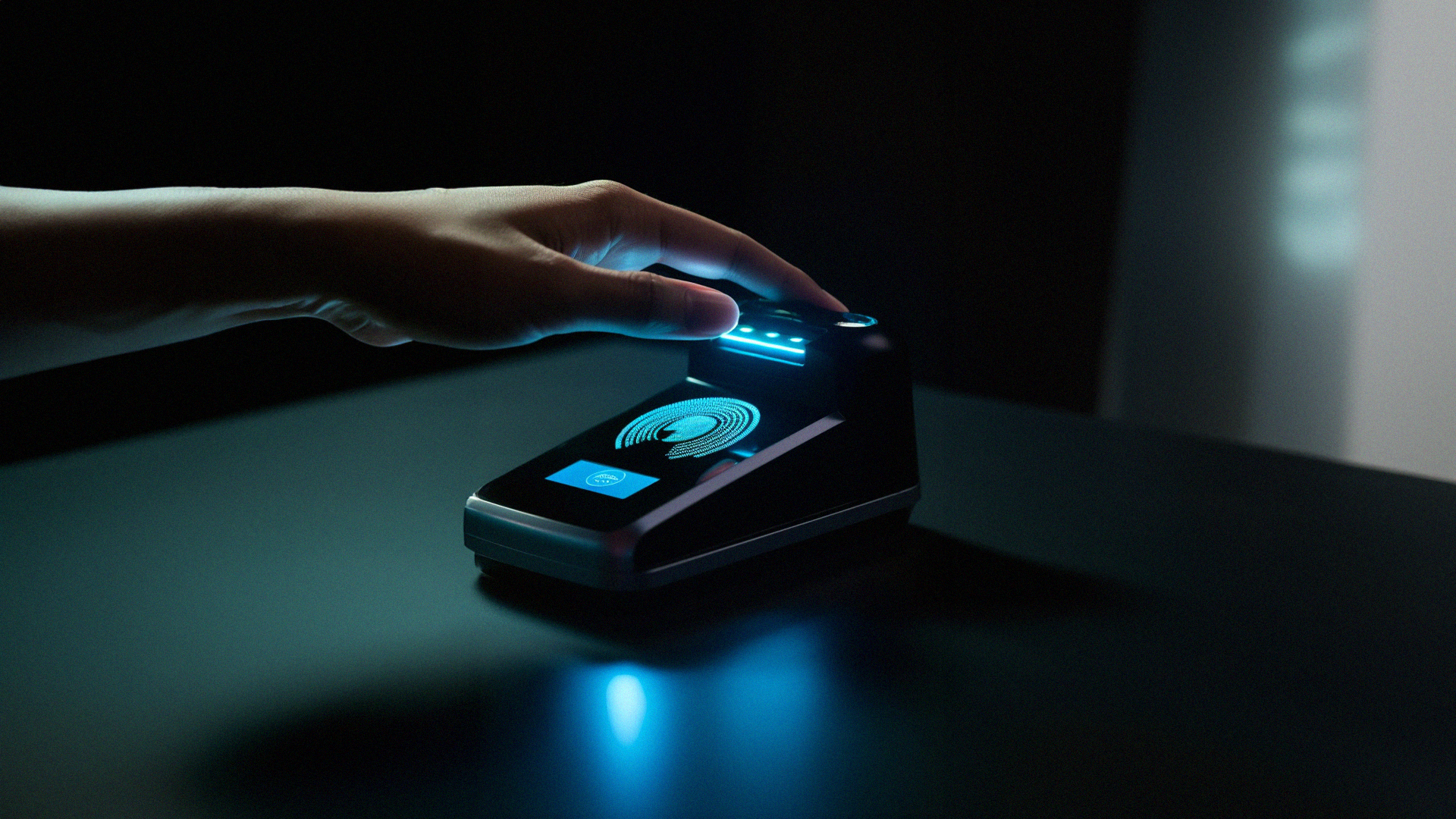This week, Tencent started introducing palm recognition through its WeChat Pay service. The tech is to be installed in Beijing’s Airport Express Line, where it will take payments by scanning people’s palm prints and their unique formation of veins without physical contact.
Like the idea of completing financial transactions with the wave of a hand?
That prospect is, as of this week, a reality in China thanks to its national tech giant Tencent.
Swapping out contactless card turnstiles at the Airport Express Line in Beijing, travelers will now be greeted by palm scanners which verify payments based on our unique palm prints and formation of veins, all without any physical contact.
It certainly sounds preferable to the contactless payment implants we wrote about last year which require actual surgery.
Instead, much like a sci-fi admiral barging through clearance checkpoints on a space shuttle, customers simply need to hover their hands over a scanner to be granted access.
Amazon has proved that the technology is effective, and a real convenience boon for shoppers, having installed hand scanners in select stores in 2020 before quickly expanding to Whole Foods.




















